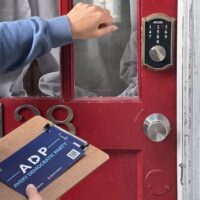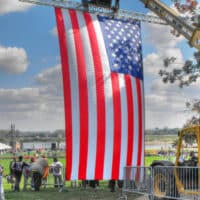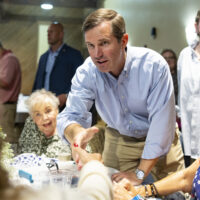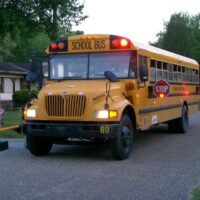Forty years ago, I was a newly minted voter when I drove from my family’s farm in South Christian to cast my first ballot at the old Pembroke fire hall. Back then, two precincts shared the volunteer fire department, so I was not certain which side to approach after I stepped into the room. As I recall, there were two long tables separated by about 10 feet — North Pembroke on one side, South Pembroke on the other.
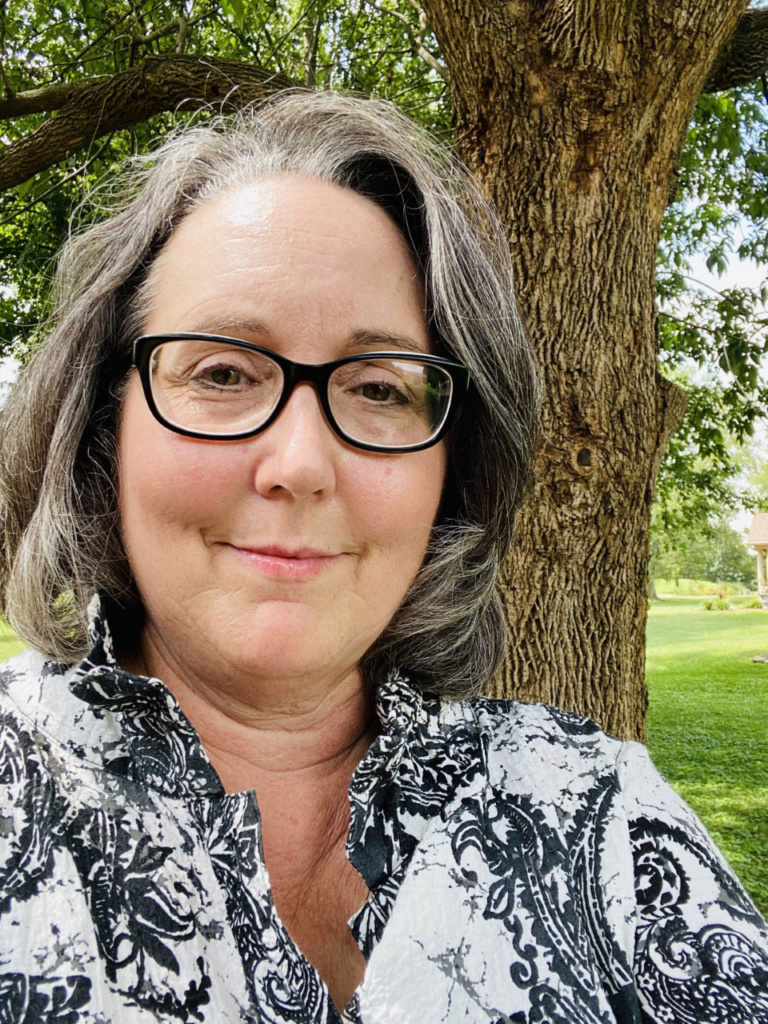
I had my answer before I could even ask. A woman from my grandmother’s church called me over and said I was in her precinct. I’m sure I knew everyone in the room that day through my parents or grandparents.
For several years after that, I drove over to the fire hall for every election and saw many of the same poll workers. Election Day was like a homecoming in Pembroke. Poll workers set up potluck meals and settled in for a 12-hour day. The same was true at Hopkinsville precincts that returned every May and November to the same church basements, school cafeterias and tobacco warehouses that made room for voting machines.
Later, when I started working for the newspaper, established reporters like Mary D. Ferguson knew of numerous, perennial poll workers to call at precincts around the county for an early-morning dispatch.
“How are things going? How’s turn-out?”
One year in the ‘90s, a poll worker at the Hammond Moving and Storage building across from the mall revealed with civic pride that she was calling up voters and telling them to come on down to the precinct. Things were going too slow for her, so she set out to improve her precinct’s showing in the election. No waiting, she might have told the people she called. I’m sure that kind of activism today would sound alarms. Did she call only members of her own political party, or at least the people she could count on to vote for the candidates she favored?
This year surely marks the passing of an era in voting for Kentuckians. Because of the coronavirus, election officials had to consolidate polling places and figure out new ways of doing things.
As a result, I think it’s unlikely we’ll ever return to the days of having dozens of polling places in one county and the requirement that a voter must cast their ballot in one assigned precinct only on Election Day between 6 a.m. and 6 p.m.
In this year’s general election. Christian County voters can pick from seven polling places. Regardless of where you live, you can use any one of these on Nov. 3. Or you can vote early beginning Oct. 13. Or you can cast an absentee, mail-in ballot as long as you request it by Oct. 9.
We’re gaining a lot of convenience but probably giving up for good a tradition that was deeply rooted in community. No one will think to call me if I don’t show up by lunchtime at a precinct where poll workers know me, my parents and my grandparents.
I’m on my own.
That’s not the worst thing. All of us ought to take responsibility to know where, when and how to vote. Hoptown Chronicle is working to provide some of that information for local voters. All of our election stories are organized under one tab on the homepage.
Maybe there is one positive outcome of the coronavirus pandemic and our hyper-partisan political climate in 2020. Maybe we’ll all be less likely to take our rights as voters for granted. Let’s hope so.
(Jennifer P. Brown is the editor and founder of Hoptown Chronicle. Reach her at editor@hoptownchronicle.org.)
Jennifer P. Brown is co-founder, publisher and editor of Hoptown Chronicle. You can reach her at editor@hoptownchronicle.org. Brown was a reporter and editor at the Kentucky New Era, where she worked for 30 years. She is a co-chair of the national advisory board to the Institute for Rural Journalism and Community Issues, governing board past president for the Kentucky Historical Society, and co-founder of the Kentucky Open Government Coalition. She serves on the Hopkinsville History Foundation's board.
